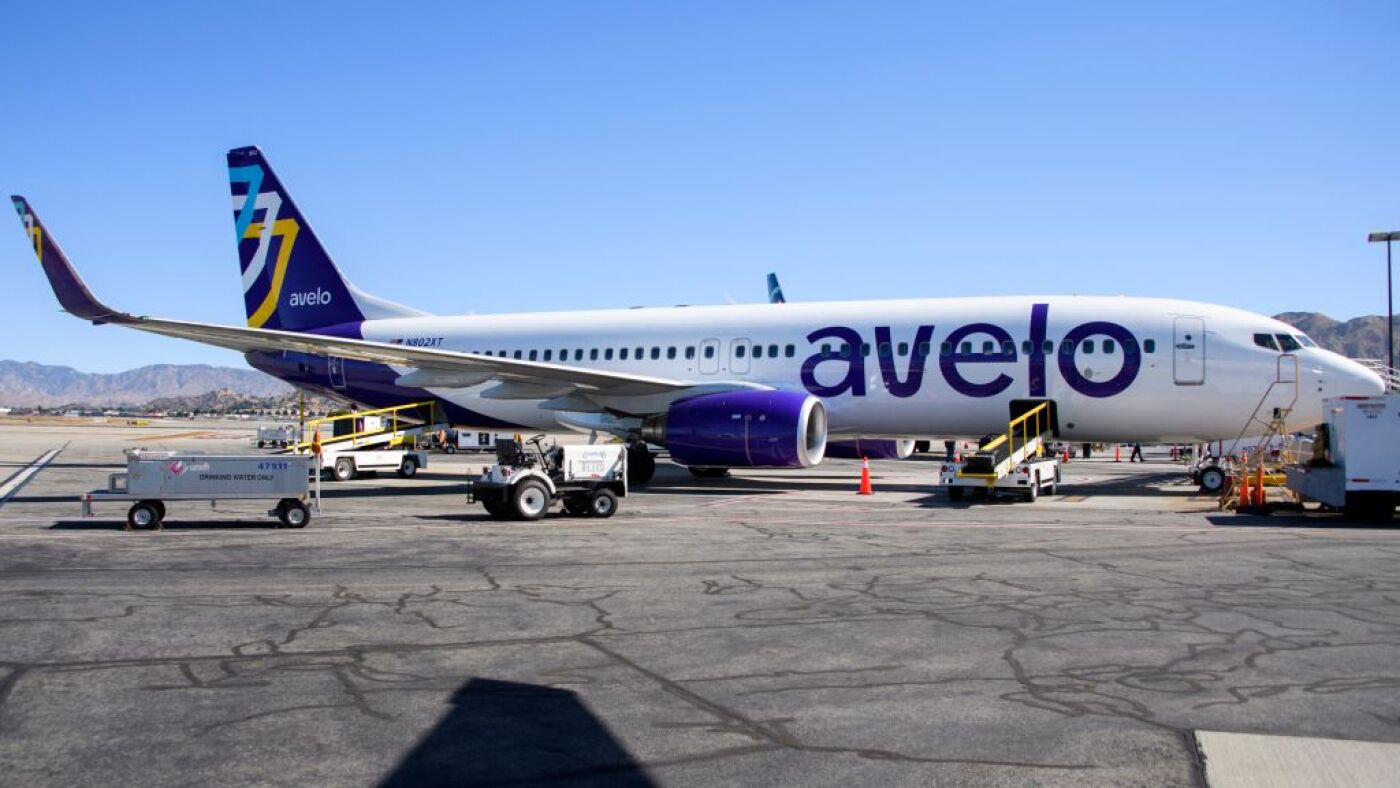The Ethical and Financial Dilemma of Avelo Airlines’ ICE Contract
Introduction: A Decision That Divided Public Opinion
When Avelo Airlines, a budget carrier struggling to stay aloft in a turbulent industry, announced its contract with U.S. Immigration and Customs Enforcement (ICE) to operate deportation flights, the backlash was swift and fierce. The airline’s decision to allocate three of its 20 aircraft to these controversial flights has ignited debates about corporate ethics, financial survival, and the human cost of deportation.
This analysis explores the multifaceted implications of Avelo’s choice—weighing financial necessity against public outrage, political repercussions, and long-term brand damage.
Financial Pressures: A Desperate Move for Stability?
The Struggles of a Budget Airline
Avelo Airlines, like many low-cost carriers, operates on thin margins. The aviation industry has faced relentless challenges—pandemic disruptions, volatile fuel prices, and operational inefficiencies. For a smaller player like Avelo, securing stable revenue streams is critical.
The ICE contract likely represented a lifeline: a guaranteed income stream in exchange for providing air transport for deportations. The deal involves three Boeing 737-800s based in Mesa, Arizona, deployed on both domestic and international routes.
Short-Term Gain vs. Long-Term Risk
While the financial logic is clear—government contracts offer reliability—the reputational risk is substantial. Airlines thrive on public trust, and Avelo’s alignment with a politically charged agency like ICE risks alienating customers. The immediate financial boost may be offset by long-term brand erosion, especially if boycotts gain traction.
Public Outrage: A Firestorm of Criticism
Grassroots Backlash
Within days of the announcement, over 14,000 people signed a Change.org petition demanding Avelo abandon the contract. Advocacy groups, including immigrant rights organizations, organized protests at Avelo’s hubs, notably in Connecticut. Social media campaigns urged travelers to boycott the airline, framing its involvement in deportations as morally indefensible.
The Power of Consumer Sentiment
In an era where consumers increasingly align spending with values, Avelo’s decision could prove costly. Budget airlines rely on volume; even a modest dip in passenger numbers could erase the financial benefits of the ICE deal. The optics are particularly damaging for a carrier that markets itself as customer-friendly and accessible.
Political Fallout: A Lightning Rod for Controversy
Lawmakers Weigh In
Politicians at local and national levels have condemned Avelo’s partnership with ICE. In Connecticut, where the airline has a significant operational footprint, lawmakers have publicly criticized the move, with some suggesting regulatory scrutiny. The political heat adds another layer of risk, as government support—such as subsidies or airport access—could be jeopardized.
The ICE Factor
ICE’s polarizing reputation complicates matters. The agency’s enforcement tactics, particularly under previous administrations, have drawn accusations of human rights violations. By associating with ICE, Avelo inherits some of that controversy, whether fairly or not.
The Human Cost: Ethical Questions Take Flight
Conditions on Deportation Flights
Reports of deportees being transported in restraints—shackles, leg chains—have long fueled criticism of ICE’s methods. Advocacy groups argue that such practices are dehumanizing, and Avelo’s role in facilitating them raises ethical red flags.
Corporate Responsibility
Should airlines profit from deportations? Critics argue that Avelo’s decision prioritizes revenue over human dignity. In contrast, supporters might frame it as a neutral service provider fulfilling a legal obligation. The debate underscores a broader tension between business pragmatism and social responsibility.
Avelo’s Future: Navigating Turbulence Ahead
Reputational Damage Control
Avelo now faces a PR crisis. To mitigate fallout, it could:
– Issue a public statement clarifying its role (e.g., emphasizing compliance with federal mandates).
– Donate a portion of ICE contract profits to immigrant advocacy groups.
– Reassess its involvement if backlash escalates.
However, any reversal could signal instability, deterring future government or corporate partners.
The Bottom Line
The ICE contract may stabilize Avelo’s finances in the short term, but the long-term consequences are uncertain. If boycotts or political pressure intensify, the airline could face operational challenges, from reduced bookings to strained airport relationships.
Conclusion: A Defining Moment for Avelo
Avelo Airlines’ deal with ICE is more than a business transaction—it’s a litmus test for how corporations balance profitability with public sentiment. The airline now stands at a crossroads:
– Double down on the contract, betting that financial security outweighs reputational harm.
– Reevaluate its involvement, risking contractual penalties but potentially salvaging its brand.
The controversy highlights a broader truth: in today’s socially conscious marketplace, financial survival and ethical accountability are inextricably linked. Avelo’s next moves will determine whether it soars above the storm or gets grounded by it.











